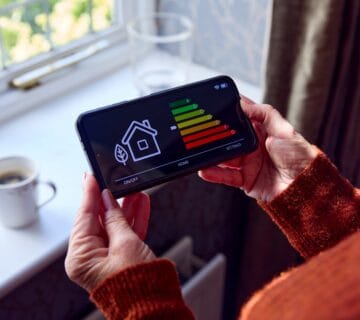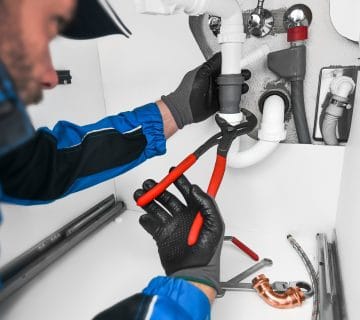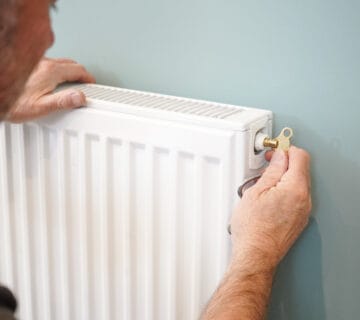A first-time buyers guide to home buyers reports and surveys
When buying your very first house, it can become a minefield of things to do that you never knew existed! Being a first-time home buyer, you want to be as informed as possible and know the ins and outs of the house you are buying.
With so many reports available to choose from, we thought we would help you break down each one so you are able to make an informed decision on what you will need.
Why do you need surveys carried out on a home you’re buying?
Surveys are essential, especially for a first-time buyer, because they provide crucial information about the property’s condition. They can uncover hidden issues like structural damage, damp, subsidence, or potential legal problems with boundaries. A survey helps buyers avoid unexpected repair costs and gives them confidence in the home’s value and safety.
What types of surveys are there, and what is checked?
Condition Report (Level 1): The most basic survey, giving a general overview of the property’s condition without much detail. It’s best for newer or well-maintained homes.
HomeBuyer Report (Level 2): A more detailed report that highlights issues like damp, subsidence, and any repairs that might be needed. It usually comes with a property valuation.
Building Survey (Level 3): The most comprehensive survey, ideal for older, larger, or more complex properties. It gives a thorough analysis of the property’s structure and condition, with recommendations for repairs.
New-Build Snagging Survey: For newly built homes, a snagging survey checks for small defects or unfinished work that needs correcting before you move in.
Home service report: After having a report that covers the structure of the property, you can add on a home service report to cover the inspection of the boiler, heating system, plumbing, and gas appliances. This ensures you will be moving in knowing everything is in working order, or if repairs are needed, you are able to use the report to negotiate the price down to cover the repair costs.
EICR: An EICR is a dedicated survey for checking the electrical installation. This report often goes hand in hand with a home service report and gives you even more detailed information on your home.
How to Choose the Right Survey for Your Situation
To decide which survey type is best, consider the following factors:
Age and Condition of the Property: Older or unique properties may have hidden issues that require a more thorough inspection.
Your Budget: Surveys can be costly, but skipping this step can lead to unforeseen expenses. Decide on a budget and choose the survey that provides the best value within it.
Future Plans for the Property: If you plan to renovate, a building survey will give you valuable insights into structural considerations before starting.
Mortgage Lender Requirements: Some lenders may require specific surveys, especially if they have concerns about the property’s condition.
How much does a home buyer’s report cost?
The cost of a Home Buyer’s Report typically ranges from £400 to £1,000 in the UK, depending on the property’s size, location, and type. The complexity of the survey and the surveyor’s experience can also influence the price.
Do you have to have a survey when buying a house?
No, it is not a legal requirement to have a survey done when buying a house. However, it is highly recommended because it would be beneficial to you to know what condition the house you are buying is in. It gives you a clearer picture of any potential issues, as well as room to negotiate if there are any substantial costs flagged on the reports.
How do I arrange a survey?
Once you have decided on the best survey(s) for you, to be able to arrange a survey, you will need to book in with the right company.
For a condition report, homebuyer report, or building survey, you will need to find a qualified surveyor in your area. A local snagging company will be needed for your snagging report. An EICR will need a qualified and certified electrician to issue the report, along with a certified gas engineer for the home service report. Once you have it, they will be able to guide you through the process and assist with any questions you have with the reports.
What happens if your survey highlights a problem?
When you receive your report back with faults, there are a few ways you can go about it.
First, you will need to understand your report by discussing it with the contractor. From there, you can receive a quote for the work that would need to be carried out. It might be an idea to shop around to know the price is correct.
Once the cost of rectifying the issue has been considered, you have the option of going back to the seller to renegotiate or the ability to pull out of the offer as a whole.
Is a house survey different from a mortgage lender’s valuation?
Yes, these are two different products. A home survey report assesses the condition of the property, whereas the mortgage lender’s valuation just confirms the property’s value.
Key Tips for First-Time Buyers
Choose a RICS-certified surveyor: Ensure your surveyor is accredited by the Royal Institution of Chartered Surveyors (RICS). RICS surveyors follow strict standards, so you’ll receive a reliable and accurate report.
Understand the Report’s Limitations: Not all surveys include services like plumbing, gas, or electrical inspections. For a more comprehensive check, you might need a specialist inspection on top of your main survey.
Consider Survey Timing Carefully: Ideally, schedule the survey shortly after your offer has been accepted to avoid delays in the buying process.
Use the Report to Your Advantage: If the survey reveals costly issues, use it as a tool in price negotiations. Sellers are often willing to adjust prices or address issues, particularly if repairs are significant.
Budget for Additional Inspections if Needed: Sometimes a survey might reveal issues that require further investigation, such as damp, subsidence, or timber problems. Although these inspections can be costly, they’re invaluable for uncovering deeper issues.








